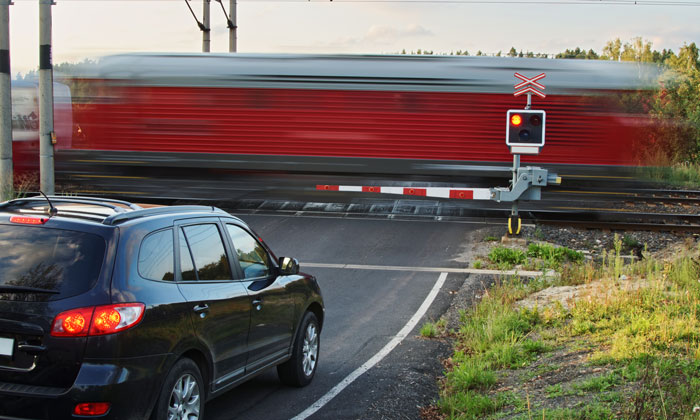Auburn’s Grade Crossing Protective Fund grants have been approved
Posted: 18 April 2018 | Global Railway Review | No comments yet
Following the city’s request, more than $30,000 for rail crossing safety has been granted to Auburn, meaning the illumination, visibility and overall safety of the crossings will be improved…


The Utilities and Transportation Commission (UTC) has approved $30,398 in grant funding, sourced from the Grade Crossing Protective Fund, for railroad crossing safety upgrades in Auburn.
For the C Street SW crossing, the city requested $25,200 to install median barriers and nearly $5,199 to install additional street lighting – both to improve safety at the crossing.
The barriers improve the overall safety at the crossing by preventing motorists from driving dangerously. The installation of additional lighting will improve the illumination and visibility of the crossing.
Since 2014, there have been multiple accidents and incidents at this crossing due to motorists attempting to drive around trains that are entering or occupying the crossing.
An average of 14,800 vehicles use the crossing daily, including commercial vehicles. More than 200 buses use this crossing on a typical weekday with two freight trains, travelling 10mph, using the crossing several times a week.
The upgrades must be completed by 31 August 2018. Each project is estimated to cost the amount specified in its grant however if the cost increases, the city of Auburn will cover any additional costs, including labour associated with the upgrades.
The 1969 Legislature created the Grade Crossing Protective Fund programme to provide money for safety measures; reducing accidents and fatalities at public and private crossings and along railroad tracks.
The UTC regulates railroad safety, including approving new grade crossings and closing or altering existing rail crossings, investigating train accidents, inspecting public railroad crossings, approving safety projects and managing safety education through Operation Lifesaver.








